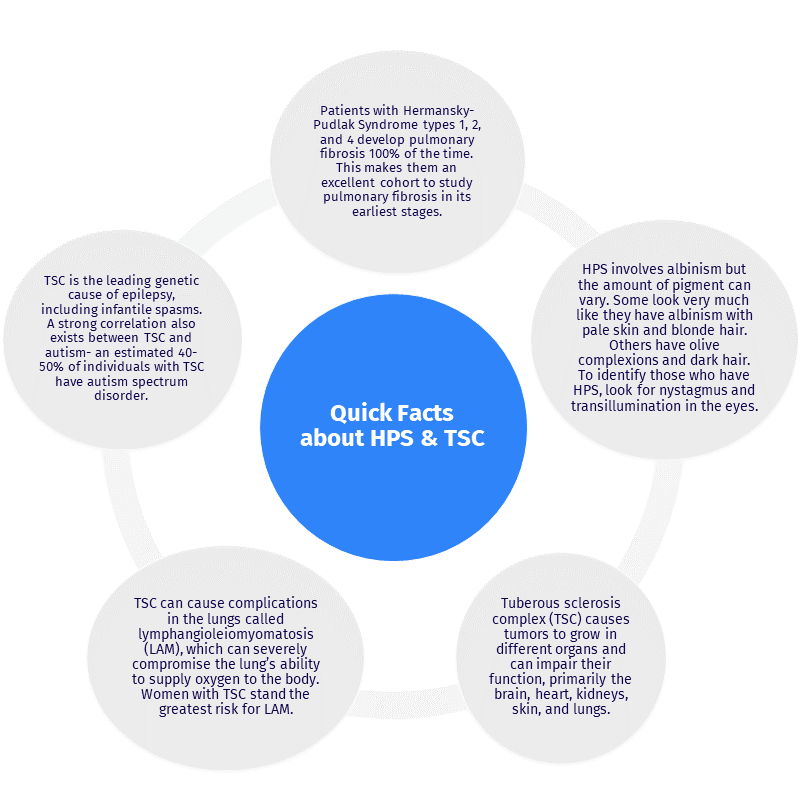
The concept of clinical trial readiness is akin to how professional sports teams approach offseason where they critically analyze the various aspects of the team’s needs and take a meticulous, multidisciplinary approach to fill in the gaps needed for optimal team performance and be prepared for any surprises. Although not guaranteed, it is almost a given that the teams that plan the best during the offseason are better prepared and perform better during crunch situations. A similar multidisciplinary approach is needed to position ourselves for success in efficiently designing and conducting clinical trials. In order to optimize clinical trial readiness, there needs to be sufficient understanding of the underlying disease to permit design, conduct, and interpretation of rigorous clinical trials. This is best achieved by having sustained, longitudinal, natural history cohorts. Consideration should be given to including remote measures that can be obtained at home in order to achieve cost savings and promote a more inclusive natural history cohort. Developing disease specific biomarkers based on underlying molecular pathogenesis can help provide useful endpoints that could serve as measures of efficacy in trials. Establishing a collaborative group of providers/clinics in geographically diverse locations can help facilitate rapid trial initiation and recruitment without significant travel ordeals. Increased and better use of telehealth can also help towards this goal. Lastly, it is imperative for the patient community to be well organized, understand the critical importance of clinical trials in bringing new treatments to reality, and be ready to go at the earliest possible opportunity to participate in clinical trials evaluating the safety and efficacy of novel treatments.
While the concept of getting ready for future clinical trials may not seem as exciting as discussing potential novel therapies, we cannot bring new treatments to patients without successful proof of safety and efficacy in clinical trials. The better organized and prepared we are to conduct trials, the quicker we can bring new therapies to patients. In summary, clinical trial readiness is absolutely critical to our future success and the ATS deserves credit for bringing attention to this key concept.




